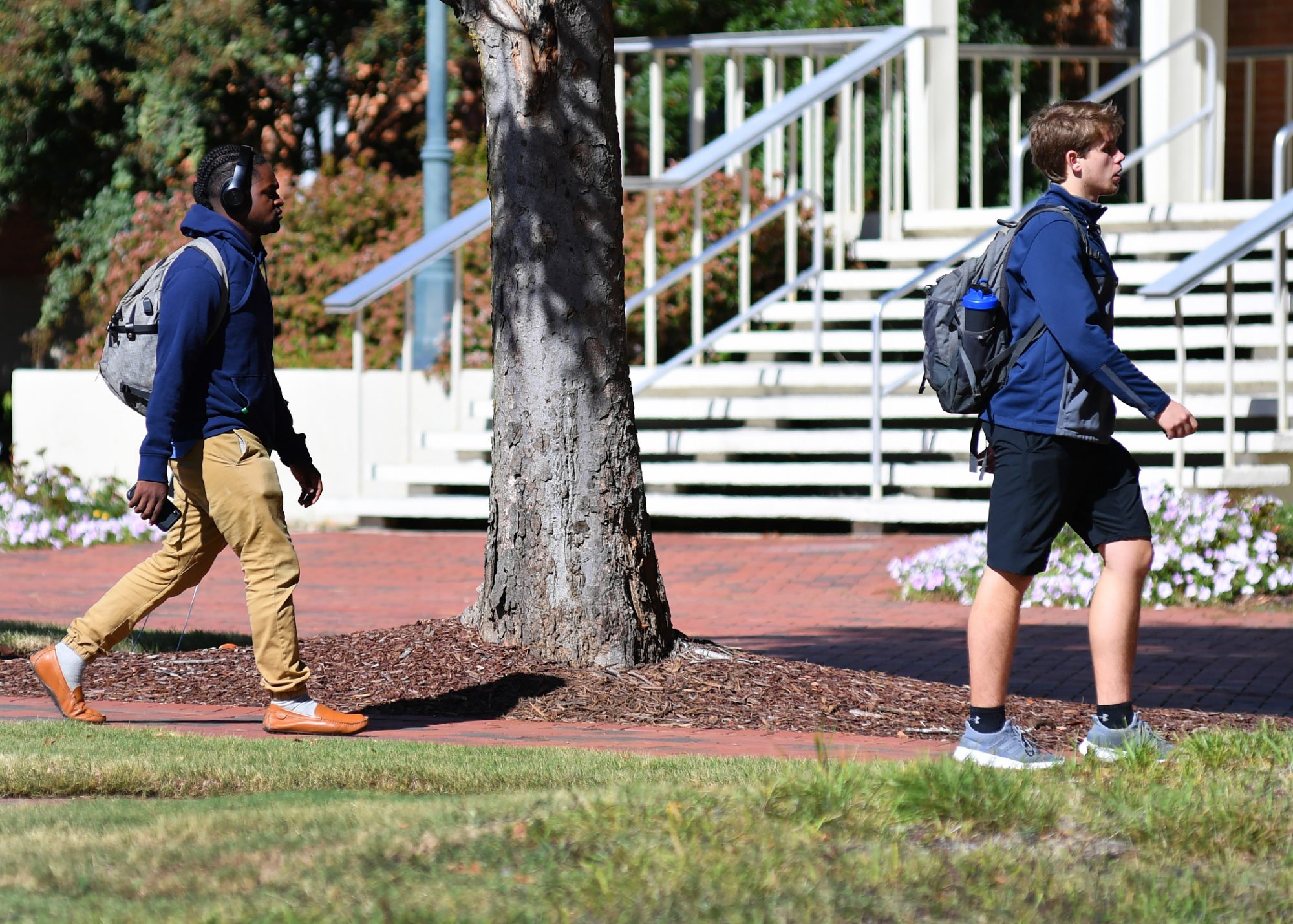Counseling Clinical Experiences
UNC Charlotte’s Counseling Practicum and Internship experiences bridge the gap between the knowledge and skills acquired in the classroom and the world of professional practice. Entering into a clinical placement signals for students that they have attained sufficient competencies in the practice of counseling and are ready to function as a beginning professional under the supervision of faculty and site supervisors. Students’ efforts, professional interests, and continued openness to learning will largely determine the quality of clinical field experiences. The counseling faculty assists students through this period of professional and personal growth. During the 2023-2024 academic year, the student placement rate at practicum and internship sites was 100%.

Students in the Master’s Program participate in three (3) semesters of clinical field experience. Students are expected to obtain experience in a broad range of skill areas, including: individuals counseling; group counseling; psycho-educational groups and/or classroom guidance; parent and/or family counseling; program development, implementation, and evaluation; staff development and training; and appropriate administrative functions and processes relative to their clinical placement. The Practicum experience consist of 150 hours of on-site work during one semester, with 60 hours expected in direct contact with clients/students. The Internship experience consists of 600 hours of on-site work across two consecutive semesters, with 240 hours expected in direct contact with clients/students. Students in the Post-Master’s Program for School Counseling Licensure will be required to complete one (1) 300 hour Advanced Internship unless additional clinical work is recommended by the program director.
All clinical experiences are associated with a three-credit clinical seminar course. The course integrates each student’s field learning experiences with discussion of the theory and practice of counseling, a review of client/student cases, and an opportunity for the student to receive university-based clinical supervision (both individual and peer).
The clinical field experience is one component of a comprehensive training program for counseling professionals. It is an essential component, as it provides an opportunity for each counseling student to integrate the information and skills gained from courses, workshops, seminars, and readings into a personal philosophy of counseling practice. It also provides the student with an opportunity to explore areas of interest within the field and test out possible career options.

Throughout the course of a counseling students training and especially during their clinical field experience, students are required to adhere to “ethical practice” as described by the American Counseling Association’s (ACA) 2014 Code of Ethics.
Areas of specialization also have ethical standards of practice covering specific clinical work with clients and students:
- American School Counselor Association (ASCA) 2016
- American Mental Health Counselors Association (AMHCA) 2015
- Association for Addictions Professionals (NAADAC) 2016)
- Association for Play Therapy (A4PT) 2016
Additionally, the Department of Counseling follows the Practicum and Internship standards as outlined by the Council for Accreditation of Counseling and Related Educational Programs (CACREP) 2016.
Throughout a student’s clinical training, these ethical codes and standards of practice are enforced and serve as a guide in the development of a professional identity.
For information or questions about clinical field experiences, please contact:
Dr. John C. Nance
Director of Clinical Field Experience & Testing
Further details regarding the clinical field experience for masters counseling students can be found in the Clinical Field Experience Manual.